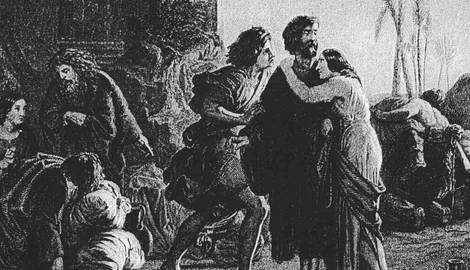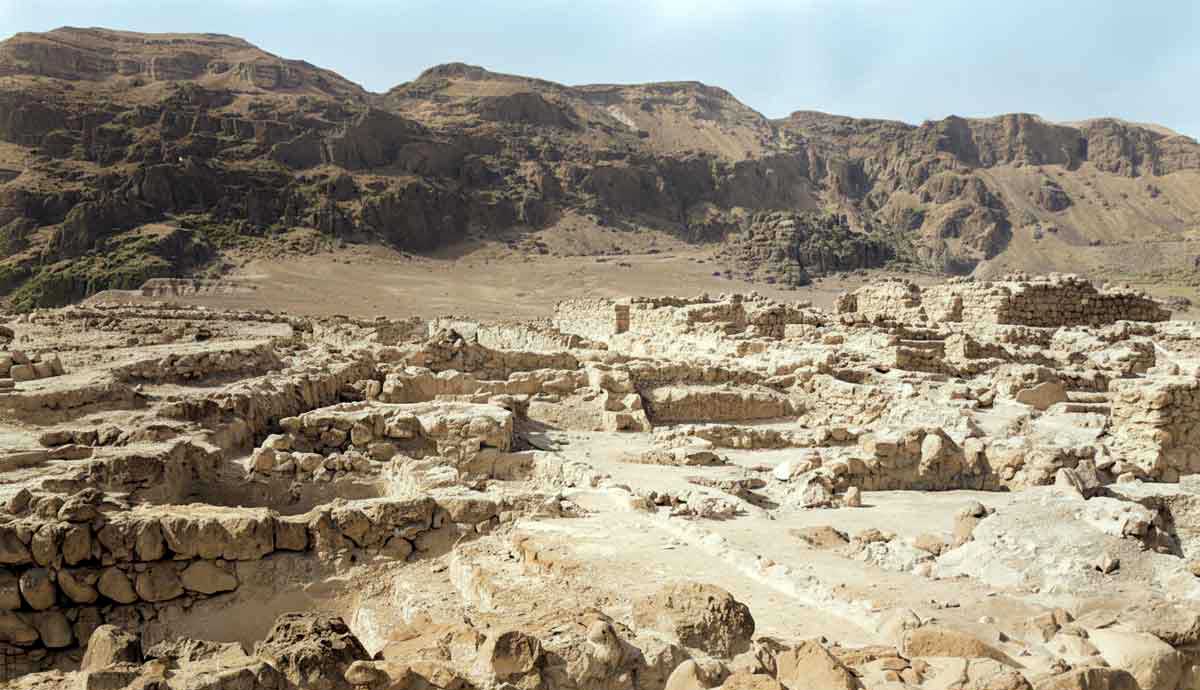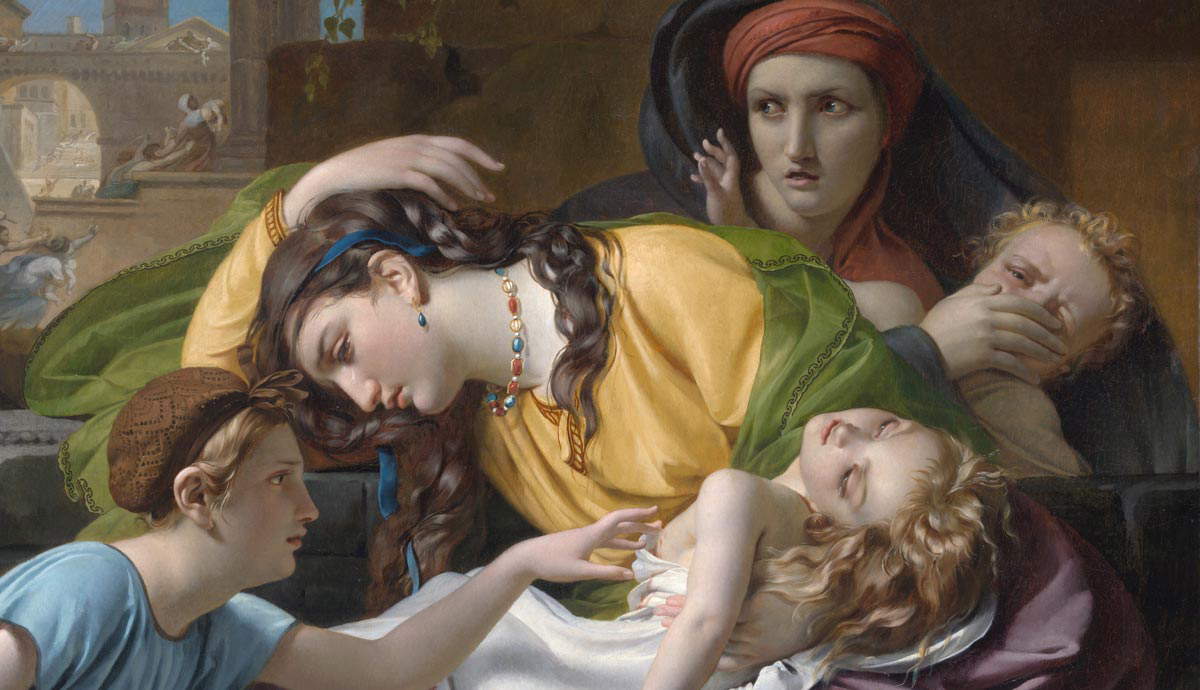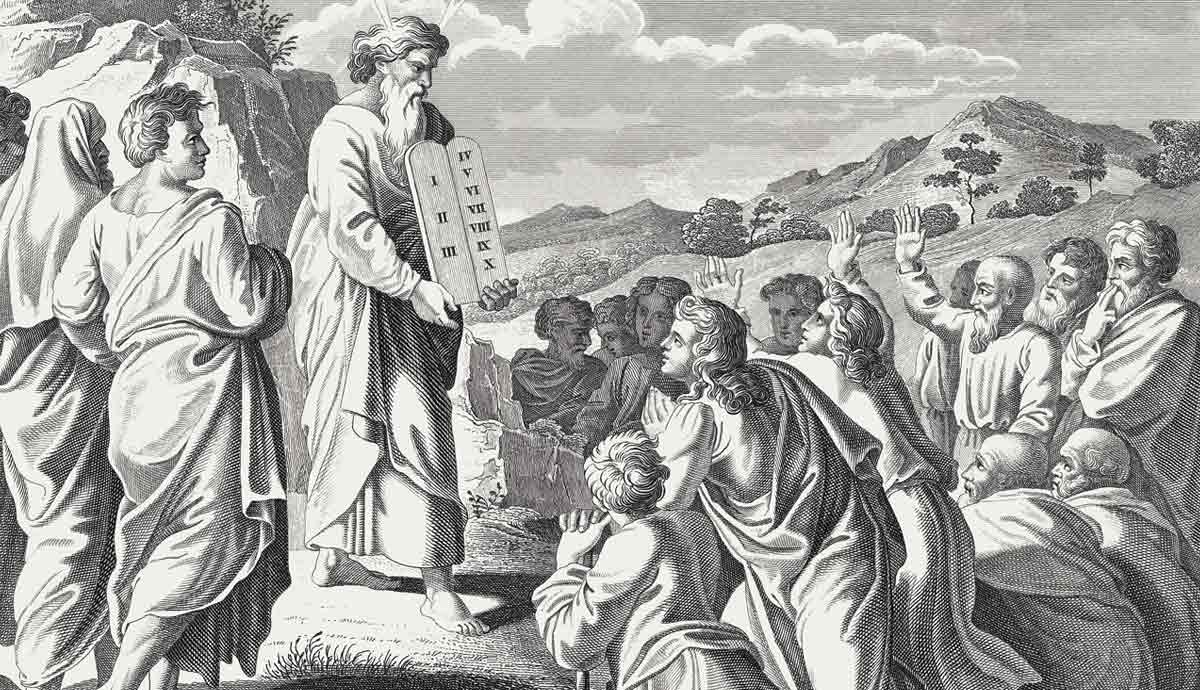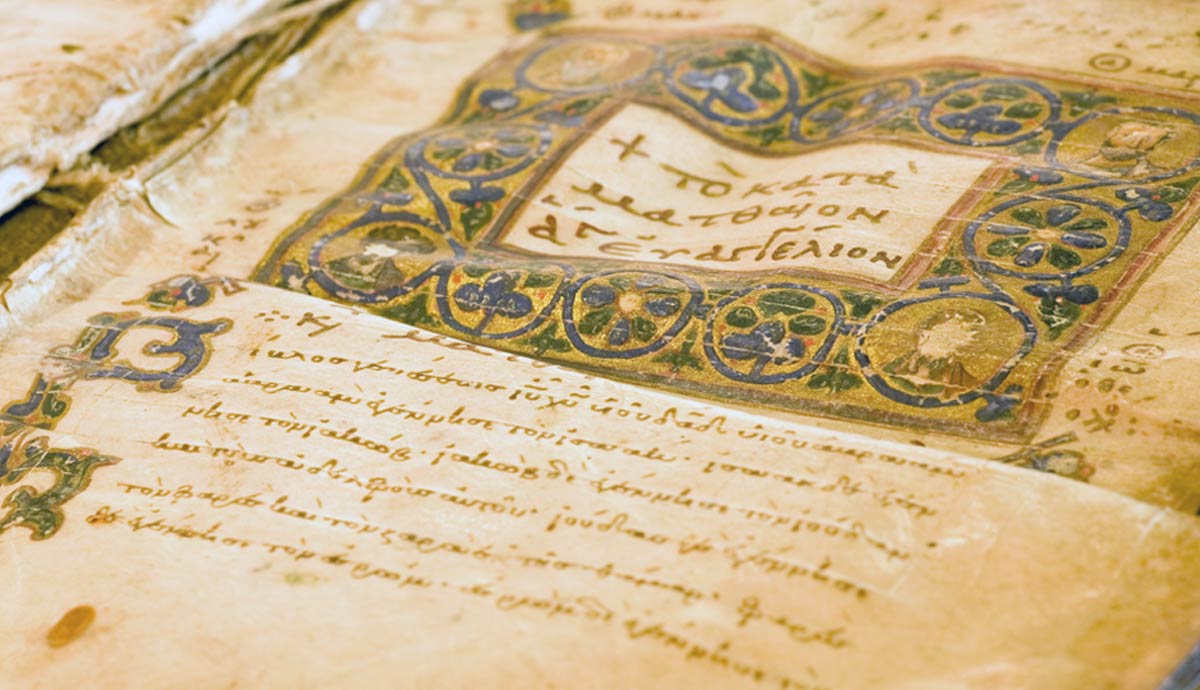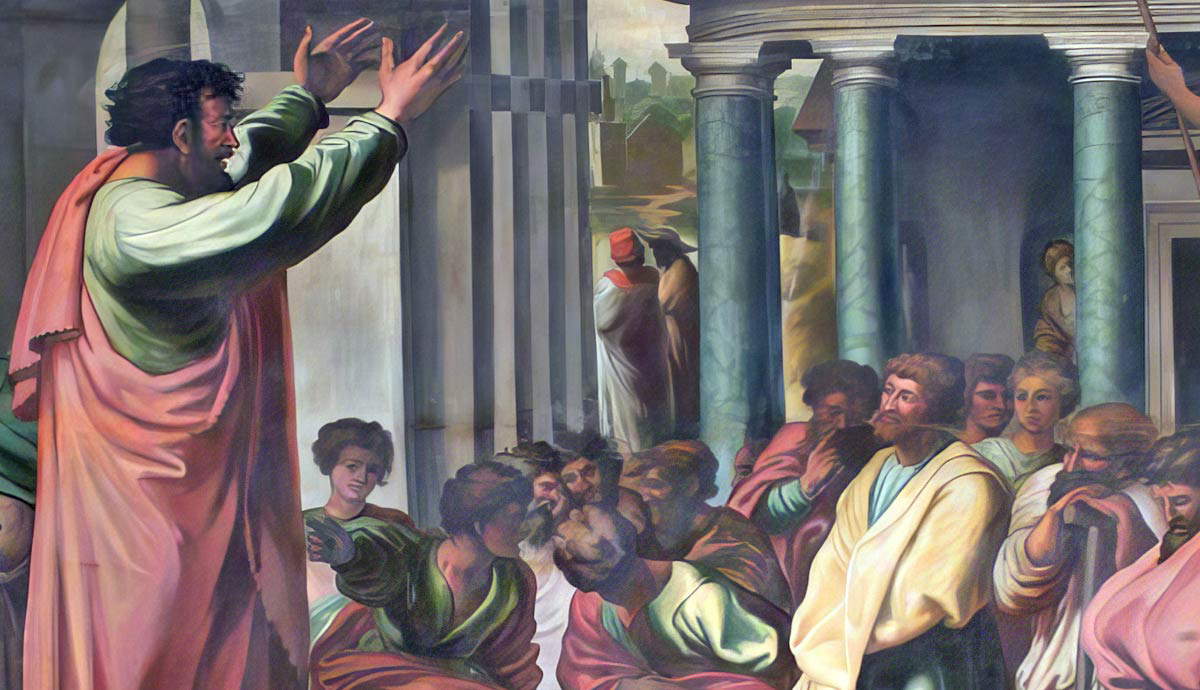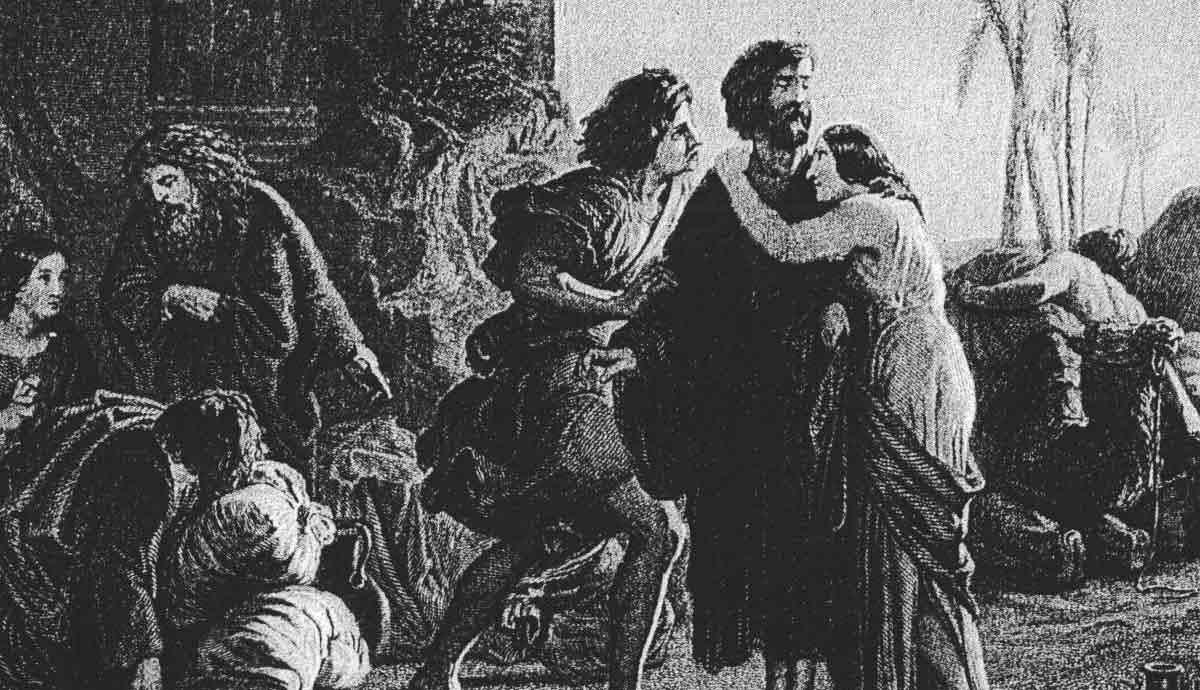
Even though Sunday is the first day of the week, its inclusion in the weekend implies that it lives in Saturday’s shadow. Schools all over the world take a break from classes on those two days and, while millions work on the weekend, its association with rest and relaxation is deeply engrained within modern consciousness. Yet, even as the Sabbath—via the weekend—has indelibly rooted itself in many cultures worldwide, the biblical concept of the Sabbath is much more than a weekly day of rest.
What Is the Hebrew Bible’s Ethical-Religious Complex?

The Hebrew Bible at key junctures connects what would today be understood as “ethical” practices with religious ones. This enmeshing of the inter-human with divine-human relationships begins in the Genesis creation story, where the notion of humanity’s being created as God’s image first appears. In cultures that use idols in their religious practices, the idol represents a deity to whom devotion may be expressed through the care given to the image in the form of gifts, washings, prayers, etc. The creation story of Genesis one, having been written in such a culture, presents human beings themselves rather than hand-crafted objects as God’s image.
In shifting the divine image onto the human, religion becomes an ethical matter, since other human beings become sacred objects that represent the divine. Humans themselves become, in effect, “idols.” Though kings could bear the divine image in many cultures of the Bible’s ancient context, in the Bible God’s image is democratized, extending to everyone.
How Does the Sabbath Bridge the Religious to the Ethical?

This merging of the religious with the ethical is highlighted especially by the biblical command to keep the Sabbath holy. Bible interpreters note that the Ten Commandments are ordered with two basic relationships in mind, often described respectively as “vertical” and “horizontal.” The first three commandments address the human-divine relationship. They enjoin monotheism (or, more accurately, monolatry), forbid the worship of hand-made images, and forbid the taking of God’s name in vain. The final six commandments, on the other hand, address inter-human relationships, forbidding things like adultery, murder, and lying in court.
The Sabbath commandment appears between these two relational planes in the order of the Ten Commandments, thereby functioning as a bridge or junction between them. The Sabbath commandment, thus, connects the religious—or “vertical”—life with the socio-ethical, inter-human—or “horizontal”—life.
What Is the Sabbath’s Meaning in Exodus 20?

The Ten Commandments are listed in two places in the Hebrew Bible—in Exodus chapter twenty and in Deuteronomy chapter five. The wording of each commandment in these two places is almost identical, except for the fourth—the Sabbath commandment.
In Exodus, the Sabbath’s purpose is to remember that God rested after creating the world. In Genesis one, God is presented as creating the world over the course of a week, and then “resting” on the seventh day. While the first six days are marked in the text with the refrain, “It was evening and it was morning, the (first, second, third, etc.) day,” the refrain is absent from the seventh day. Biblical scholars often note that this evokes the ongoing nature of the Sabbath from God’s point of view. The Sabbath in Exodus twenty, thus, functions as a remembrance of God’s own Sabbath. It is a way of sharing in the divine rest.
The Sabbath in Deuteronomy 5

As in Exodus, the Sabbath command in Deuteronomy is the most developed of the ten, going to greater lengths than the other commandments do to emphasize its universal application in Israelite society. While, for example, the tenth command, against covetousness, is clearly aimed at male property-owners, the command to keep the Sabbath is intentionally extended to every member of the community, including people the Israelites would enslave, non-Israelites living among them, and even working animals. In Deuteronomy, this aspect of the commandment becomes the foundation for the Sabbath’s purpose, and reference to the seventh day of creation is elided.
By obliging all of Israelite society, including servants and the enslaved, to rest weekly, Deuteronomy’s Sabbath hearkens back to a more recent historical event than does Exodus’s Sabbath: Israel’s enslavement in Egypt. The weekly, obligatory interruption of labor becomes a reminder that Israel had itself once been enslaved, opening a channel for empathy toward all enslaved peoples in Israelite consciousness.
Not Just a Day

The Sabbath in biblical law is not only a day of the week. Holidays, like Passover, Rosh Hashanah, Yom Kippur, etc., which might not fall on a Saturday, are also sabbath days. But there were also sabbath years. Every seventh year Israelite farmers were to leave their land fallow and uncultivated. The year after every seventh Sabbath-year—that is, the fiftieth year—was a special Sabbath-year called the “Year of Jubilee.”
In this year, land that had been sold during the previous forty-nine years was to be returned to its ancestral family. Likewise, Israelites who had bound themselves to other Israelites as debt-slaves were to be freed. The association of the Year of Jubilee with liberation, reconciliation, and reparation became a key theme in later prophetic literature in the Bible, and was also famously referenced by Jesus when he publicly announced the start of his ministry in the synagogue of his hometown of Nazareth.
How Did Priests Continue Their Work on the Sabbath?

While all of Israel was commanded, on pain of death, to rest on Sabbath days, Israelite priests were nevertheless required to offer daily sacrifices in their mobile temple, called the tabernacle, and then later in the permanent Temple first built by King Solomon. Given the considerable amount of work that goes into slaughtering animals, this exception to the strict rule of resting on the Sabbath day drew the attention of some early Christians who wondered whether or not the command to keep the Sabbath applied to the faithful after Christ’s coming or not.
A prominent theological concept in the New Testament is that all believers in Jesus are “priests” to God; the fact that priests, unlike other Israelites, were obliged to work on the Sabbath seemed to carry implications for a Christian response to the commandment.
Do Christians Keep the Sabbath?

Christians have responded to the Sabbath in different ways—some intentionally commuting it to Sunday, others simply confusing it with Sunday, others seeing it as an obsolete commandment, and still others insisting that it should be preserved as an integral part of Christian discipleship. But whether Christian, Jewish, or other, billions of people across the world pay tacit homage to the Sabbath in their Monday longings for the weekend.
